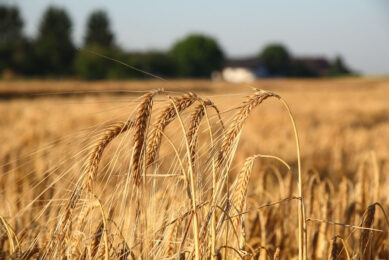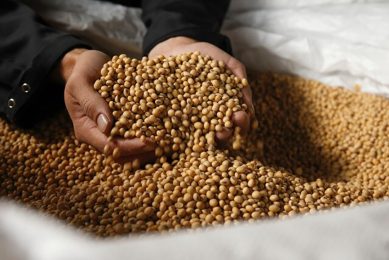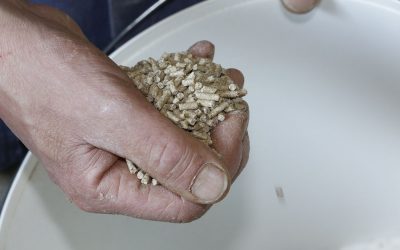Fefac: EU needs GM feed supplies
Coceral and Fefac urge the EU farm council to take a serious look at the conclusions stated in the DG AGRI Report “Economic Impact of Unapproved GMOs on EU feed imports and livestock production”.
cereals to meet its requirements. A failure to do so does mean that the EU
consumer will ultimately have to buy meat and livestock products from third
countries produced from GM feeds not approved in the EU. The worldwide acreage
of GM crops is rapidly increasing (100 million hectares in 22 countries).
However, with the current EU policy, exports to Europe are impossible. Jean
Michel Aspar, COCERAL President noted that both the Brazilian and Argentinean
Farm Ministers made it very clear to the European Commission during recent
visits that they would not be able to guarantee absence of non-EU approved GM
events in grain and oilseeds exports to the EU, even for supplies which carry a
“non-GM” certificate.
Catastrophic
Mr Aspar warns
Ministers that “the economic impact of even a temporary breakdown of supplies
with soybean products to operators in the feed and food chain would be
catastrophic. This danger is exacerbated by the high world demand for feed
grains and oilseeds (mainly soybeans and soybean meal) especially in South-East
Asia, which is overtaking Europe as the main buyer for feedingstuffs from Brazil
and Argentina”. He therefore calls on Farm Ministers to turn the political key
to relieve pressure from EU livestock producers by approving GM crops for import
and processing which have obtained a positive EFSA opinion and by setting a
workable threshold for low-level presence of GM events which have been approved
in export countries according to OECD standards.
Artificial
inflation
Mr Pedro Corrêa de Barros, FEFAC President, stressed that
the current de-facto import ban for corn gluten feed and Argentinean feed maize
has already led to an extra cost of €2 billion for EU-livestock producers. The
EU’s GM policy results in an artificial feed and food price inflation, which
could further affect the purchasing power of EU citizens. Until now, the bill
has been paid by the EU livestock industry, in particular the EU pig industry
whose viability is at stake, as pig producers are not able to recover the
extra-feed costs from the market.
He said that “FEFAC is in favour of
setting a workable threshold for low level presence in feed of GM events not yet
approved in the EU. Such a threshold must be set at a level that is technically
and economically practical. FEFAC and COCERAL put their expertise at the
disposal of the EU decision makers to that end”. “This threshold is a
prerequisite to maintain a viable supply of products of animal origin to EU
consumers, regardless of the GM or “non-GM” status of feed supplies to livestock
farmers”.











